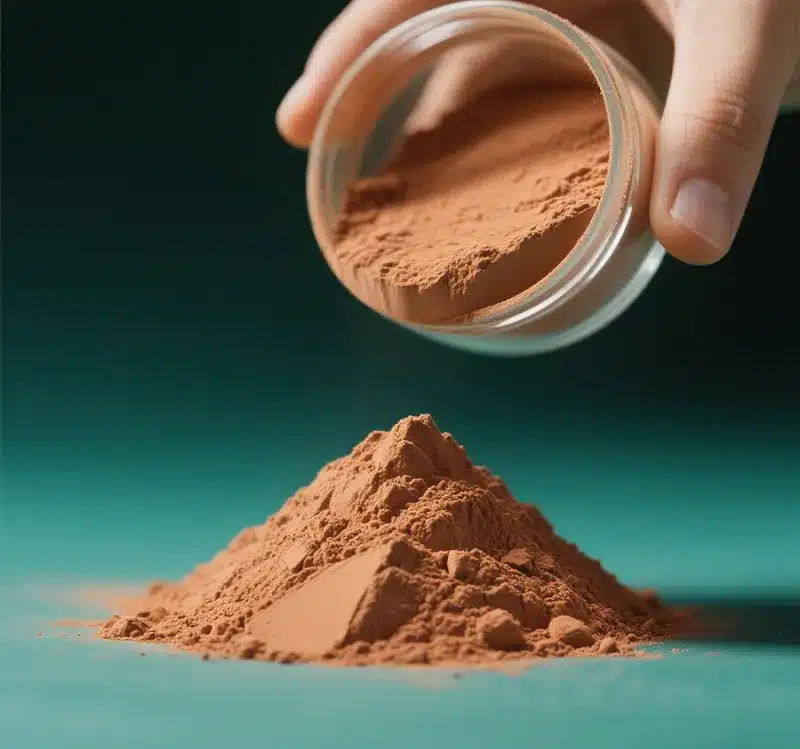
Chelated Copper Supplement
Gensei is a trusted supplier of high-quality Chelated Copper powder, an essential trace mineral specifically processed for enhanced bioavailability. Our Chelated Copper supplement ingredients are designed for optimal absorption, ensuring your customers receive the full benefits of this vital nutrient. We offer what we consider the best chelated copper supplement ingredient available, produced under stringent quality control to guarantee purity and potency. Chelated copper, where copper is bound to amino acids or other organic molecules, facilitates easier transport across the intestinal wall. Choose Gensei for your Chelated Copper powder needs and provide your customers with a superior Chelated Copper supplement.
Please note: We are a wholesale supplier and have minimum order quantities.
Have questions about this product? Our team is here to help. For inquiries about multiple ingredients, please use the Contact Us option and include the list of ingredients in your message.
Copper Bisglycinate CAS No.: 13479-54-4
Chemical Name: Bis(glycinato)copper
Synonyms:
- Copper Glycinate
- Copper Diglycinate
CB Number: CB3781303
Molecular Formula: C₄H₈CuN₂O₄
Molecular Weight: 211.65 g/mol
MDL Number: MFCD00064565
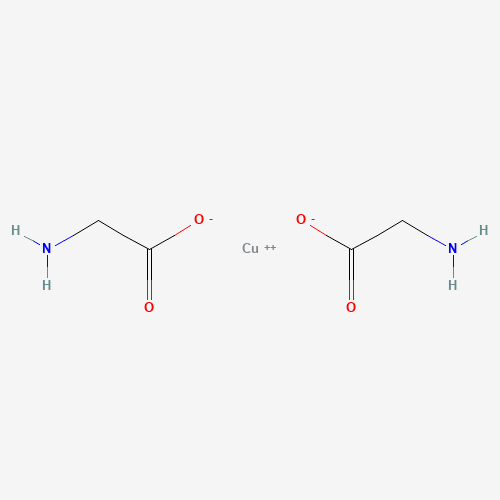
Chelated Copper Manufacturing Process Flowchart (Example: Copper Bisglycinate)
Chelated copper forms are produced by reacting a copper source with a chelating agent, such as an amino acid like glycine.
(Copper Source, e.g., Copper Sulfate)
(Chelating Agent, e.g., Glycine)
(The copper source reacts with the chelating agent under controlled conditions to form the chelate)
(To remove any insoluble impurities)
(If the product is in solution)
(The chelated copper compound is crystallized or precipitated out of the solution)
(The chelated copper crystals or precipitate are separated using filtration or centrifugation)
(To remove residual impurities)
(Drying to obtain the chelated copper powder)
(To achieve desired particle size)
(Testing for copper content, chelate formation, purity, heavy metals, etc.)
(The Chelated Copper powder is packaged in suitable containers)
This flowchart provides a general overview of the manufacturing process for a common chelated copper form like Copper Bisglycinate. Specific steps and reagents may vary depending on the type of chelate.
Why Choose Gensei as Your Chelated Copper Supplement Supplier?
Choosing Gensei as your chelated copper supplement ingredient supplier ensures superior quality. We specialize in providing premium chelated copper powder, specifically processed for enhanced bioavailability. Our manufacturing process adheres to strict standards, guaranteeing a pure and consistent product.
We understand that for a chelated copper supplement to be effective, absorption is key. Our chelated copper is designed for optimal uptake. Gensei offers reliable supply and dedicated support, partnering with you to ensure the success of your chelated copper supplement formulations. Trust us for high-quality ingredients.
Features and Benefits
- Enhanced Bioavailability: Chelation can improve the absorption and utilization of copper in the body compared to some inorganic copper salts.
- Stability: Chelates help stabilize copper and may prevent interactions that hinder absorption.
- Essential Trace Mineral: Copper is a vital trace mineral needed for various bodily functions, including energy production, iron metabolism, and connective tissue formation.
Applications
- Dietary Supplements: As a highly absorbable source of copper in multivitamin/mineral supplements and standalone copper supplements to ensure adequate intake of this essential trace mineral.
Our State-of-the-Art Manufacturing Facilities
Explore our modern facilities equipped with advanced technology to ensure the highest quality in the production of your vitamins, herbal extracts, minerals, and amino acids.

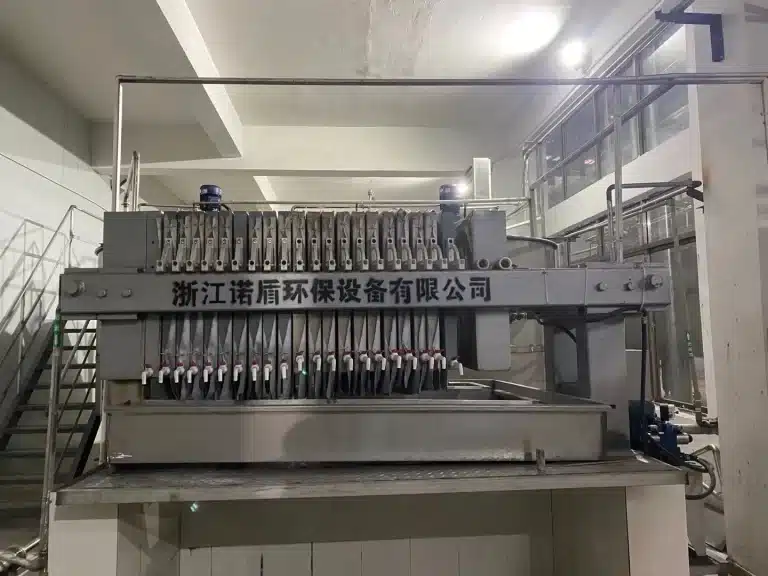
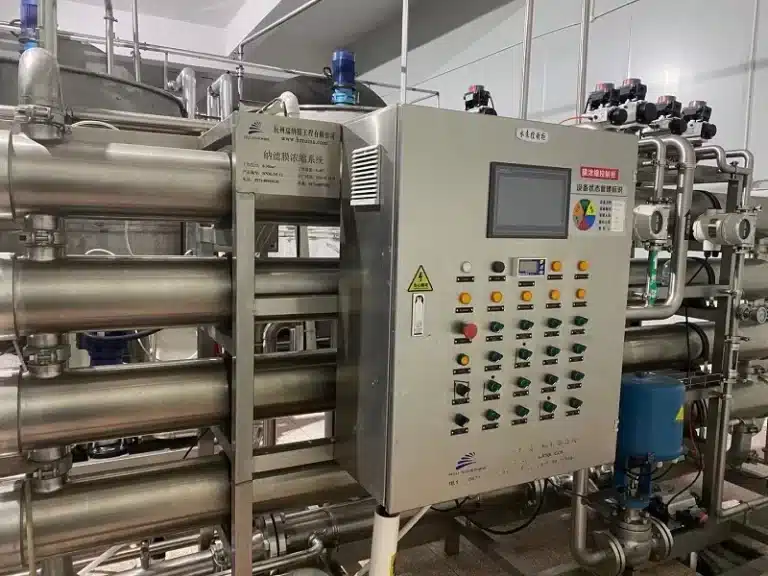
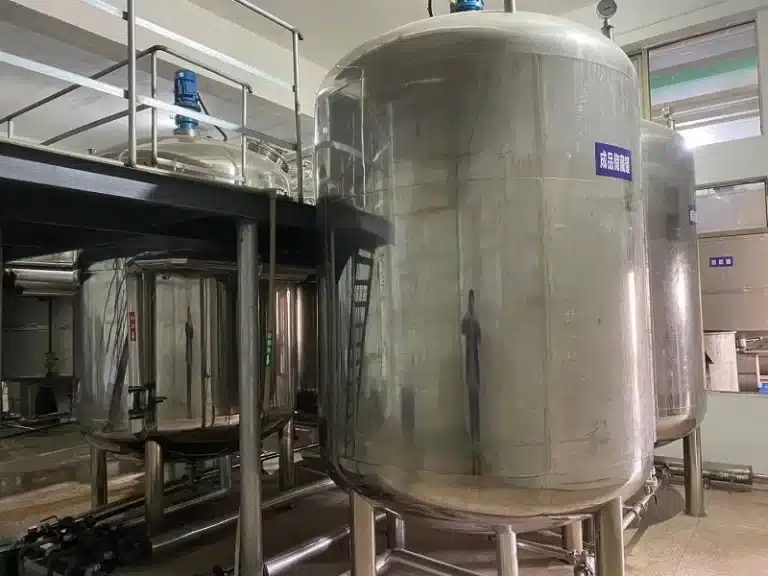
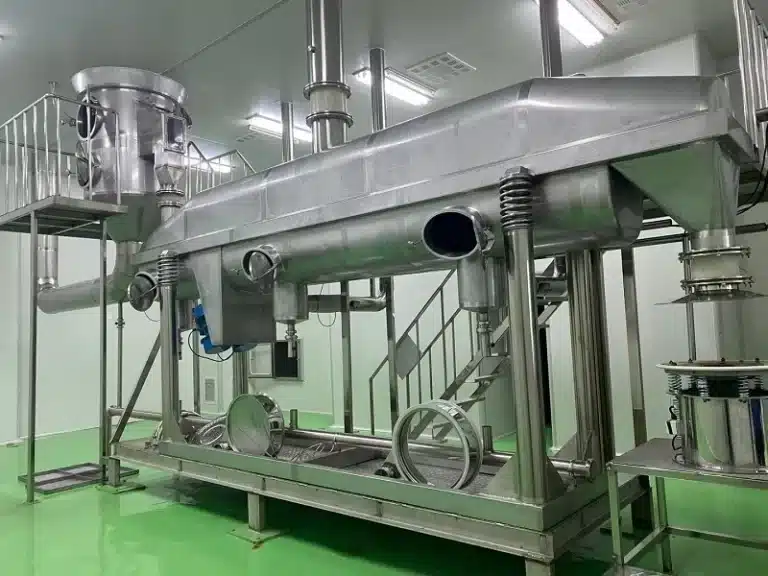





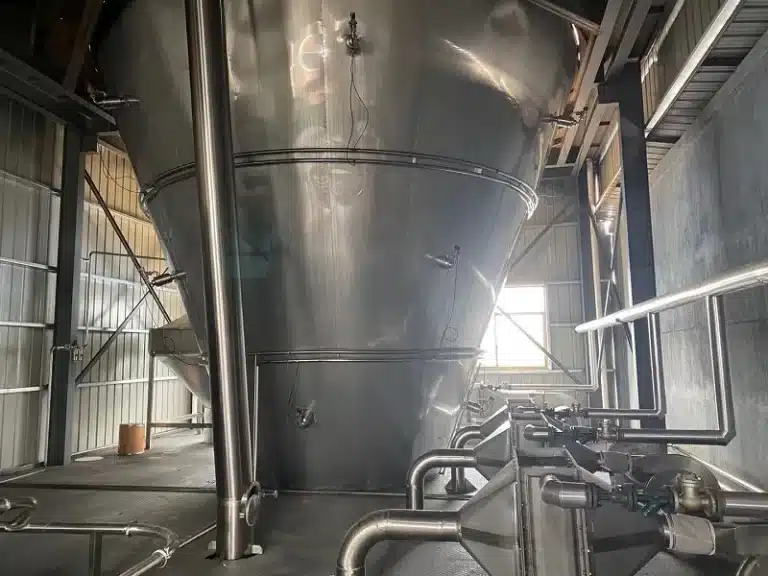
FAQs
Chelated copper benefits include enhanced absorption compared to some non-chelated forms, ensuring the body can efficiently utilize this essential trace mineral for its various functions, such as supporting energy metabolism, iron transport, and maintaining connective tissue health.
Chelated copper is generally well-tolerated at recommended dosages. However, excessive copper intake can lead to side effects, including nausea, vomiting, abdominal pain, and diarrhea. Very high intake over time can potentially lead to more serious health issues. It's important to stick to recommended daily allowances.
Chelated copper is a form of copper where the copper mineral is bound to a chelating agent, such as an amino acid (like glycine) or an organic acid (like citrate). This chelation process is done to improve the absorption and bioavailability of the copper.
Yes, EDTA (ethylenediaminetetraacetic acid) is a strong chelating agent and does chelate copper. EDTA can be used in medical treatments to remove excess copper from the body in cases of copper toxicity.
Zinc and copper can compete for absorption in the body. High intake of one can interfere with the absorption of the other. While they don't form a direct chelate with each other in the same way as an amino acid chelates a mineral, their interaction affects their bioavailability.
In the body, copper is naturally chelated by proteins and other molecules for transport and utilization. In food, cooking with certain organic acids or consuming copper-rich foods alongside protein sources can influence copper absorption.
Yes, chelated copper is good for you as it provides an essential trace mineral (copper) in a potentially more absorbable form. Copper is vital for numerous bodily functions.
Chelated copper is primarily used as an ingredient in dietary supplements to help prevent or treat copper deficiency and ensure adequate intake of this essential mineral.
Chelating agents can bind to various metal ions. While some chelating agents might interact with aluminum, there is no common concern that typical dosages of chelated copper supplements would cause harm related to aluminum in the body. However, individuals with specific metal metabolism disorders should always consult a doctor.

